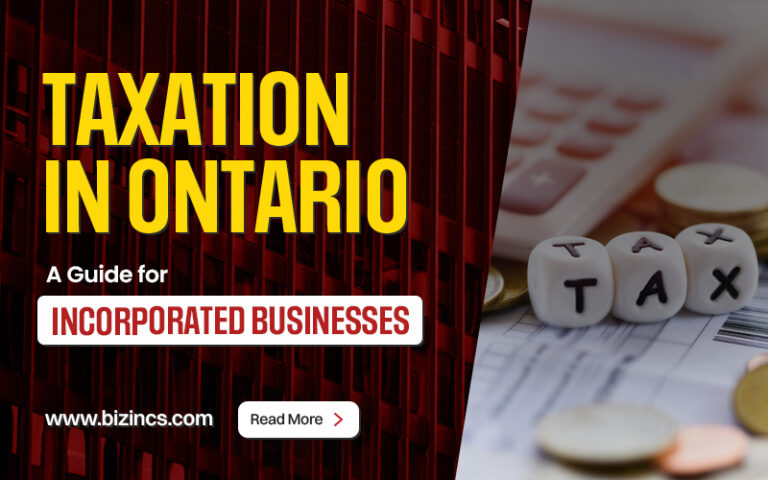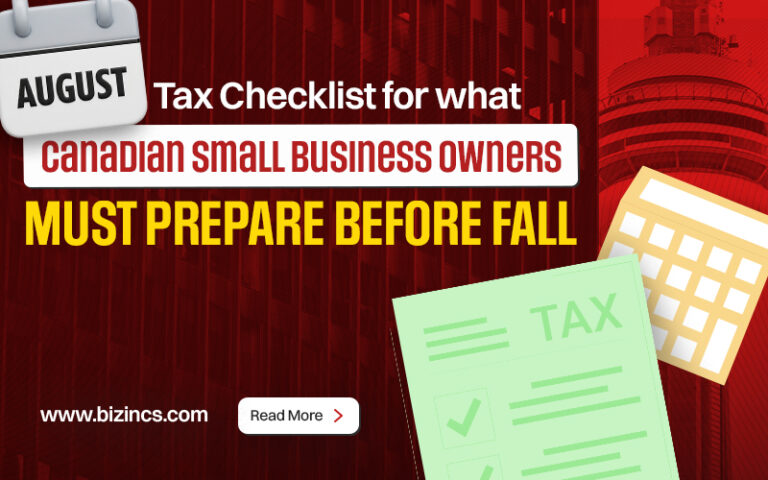Common Tax Deductions Every Business Owner Should Take Advantage Of
Running a business in Canada is costly. Tax deductions help reduce expenses legally. Knowing deductions saves money each year. Here are key deductions to consider:
1. Home Office Expenses
Many work from home nowadays. Home office costs are deductible. You can claim rent and utilities. Internet, phone, and office supplies qualify. Only claim the business-use portion.
2. Vehicle Expenses
Using a car for business counts. Fuel, maintenance, and insurance qualify. Depreciation is deductible too. Keep accurate mileage records. Only claim the business-related portion.
3. Business Supplies
Office essentials are tax deductions. Pens, paper, and printers qualify. Software subscriptions count as well. Track receipts for easy filing. Deduct what you use for business.
4. Salaries and Wages
Paying employees reduces taxable income. Salaries and benefits are deductible. Employer contributions also qualify. CPP and EI payments count. Keep proper payroll records.
5. Professional Fees
Lawyers and accountants charge fees. These are deductible business expenses. Consulting and advisory fees qualify. Professional memberships are included. Keep records of payments made.
6. Advertising and Marketing
Promoting business is tax-deductible. Website costs and social media ads count. Print and TV advertisements qualify. Branding and sponsorships are included. Expenses must be business-related.
7. Meals and Entertainment
Business meals are partially deductible. You can claim 50% of costs. Keep receipts and note attendees. Entertainment expenses follow similar rules. They must be business-related.
8. Travel Expenses
Travel for work is deductible. Flights, hotels, and meals qualify. Taxi and rental car costs count. Only business-related trips apply. Keep travel receipts organized.
9. Office Rent and Utilities
Renting an office is tax-deductible. Electricity, water, and heating qualify. Internet and phone bills count too. Ensure expenses are business-related. Maintain proper records for deductions.
10. Insurance Premiums
Business insurance is a deductible cost. Liability and property insurance qualify. Health benefits for employees count. Premiums for business coverage apply. Personal policies are not included.
11. Interest and Bank Charges
Loan interest is a deductible expense. Business credit card interest qualifies. Bank fees and service charges count. Only business-related costs apply. Keep detailed financial records.
12. Training and Education
Learning enhances business skills. Course fees are tax-deductible. Seminars and workshops qualify. Online training expenses count. The education must be business-related.
13. Depreciation and Capital Costs
Large purchases lose value over time. Depreciation allows gradual deductions. Equipment, furniture, and vehicles qualify. The Capital Cost Allowance (CCA) applies. Deduct costs over several years.
14. Bad Debts
Unpaid invoices can be deducted. The debt must be uncollectible. Write it off in the tax year. Keep documentation for verification. Only business-related debts qualify.
15. Employee Benefits and Pensions
Employee benefits are tax-deductible. Health and dental plans qualify. Pension contributions count as well. Group insurance premiums are included. Keep track of employee benefit costs.
16. Technology and Software
Tech investments are deductible. Laptops, computers, and software qualify. Cloud storage and security tools count. Website development costs apply. The purchase must be business-related.
17. Legal and Accounting Fees
Professional help is deductible. Hiring accountants saves tax money. Legal fees related to business qualify. Bookkeeping expenses count as well. Maintain records of payments made.
18. Moving Expenses
Relocating for business is deductible. Moving truck costs qualify. Storage and travel expenses count. Ensure the move is business-related. Keep receipts for accurate filing.
19. Startup Costs
New businesses incur initial expenses. Incorporation fees are deductible. Market research costs qualify. Branding and promotional materials count. Deduct startup expenses over time.
20. Licensing and Permits
Running a business needs permits. Business license fees are deductible. Industry-specific permits qualify. Government registration fees count. Keep documentation for all costs.
Maximizing Your Tax Deductions
Tax planning saves money legally. Keep receipts for every expense. Use accounting software for tracking. Consult a tax professional annually. Always stay updated on tax laws.
Final Thoughts Understanding deductions benefits businesses. Claim what applies to your company. Reduce taxable income and save more. Proper documentation ensures smooth audits. Plan wisely and file taxes correctly.






